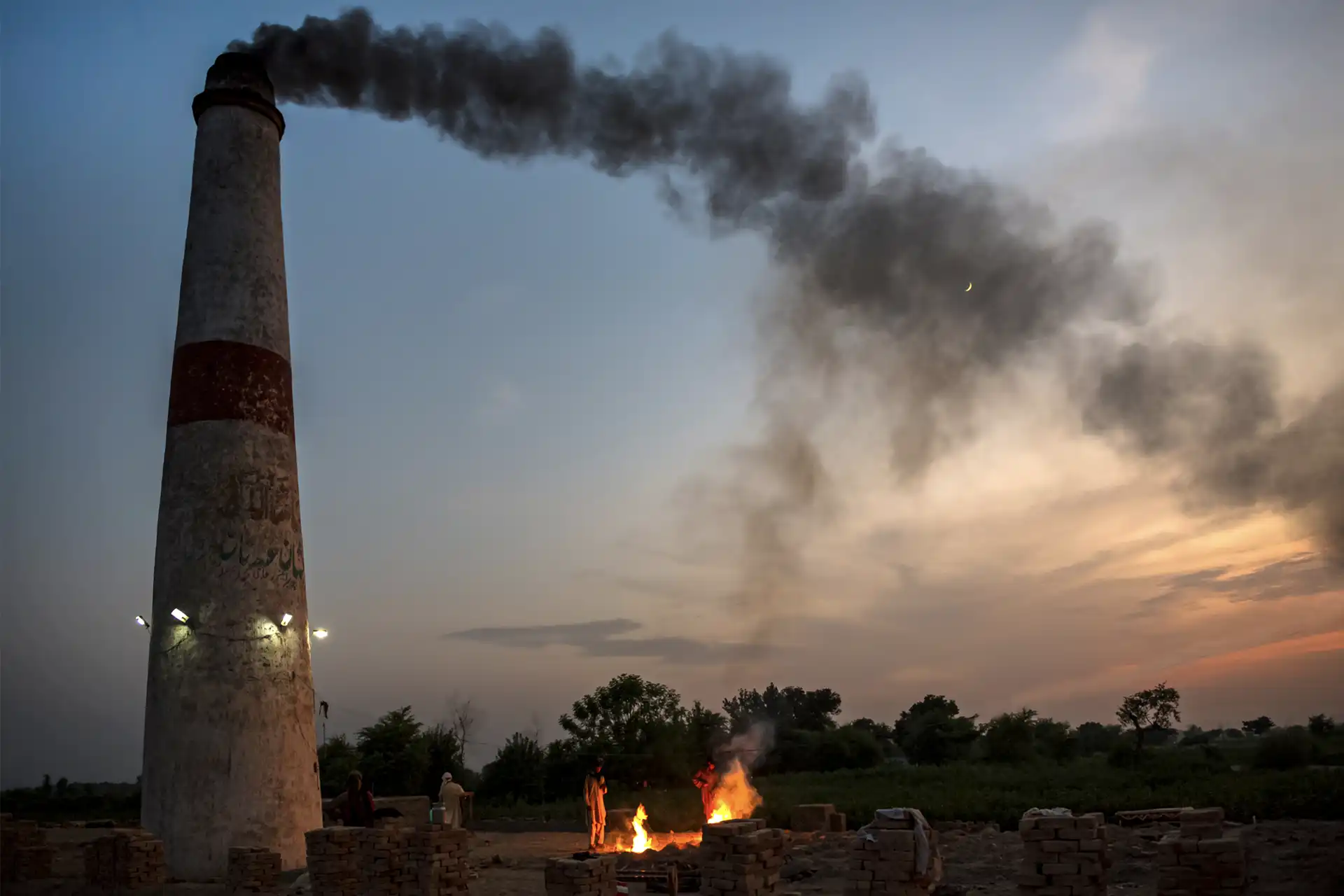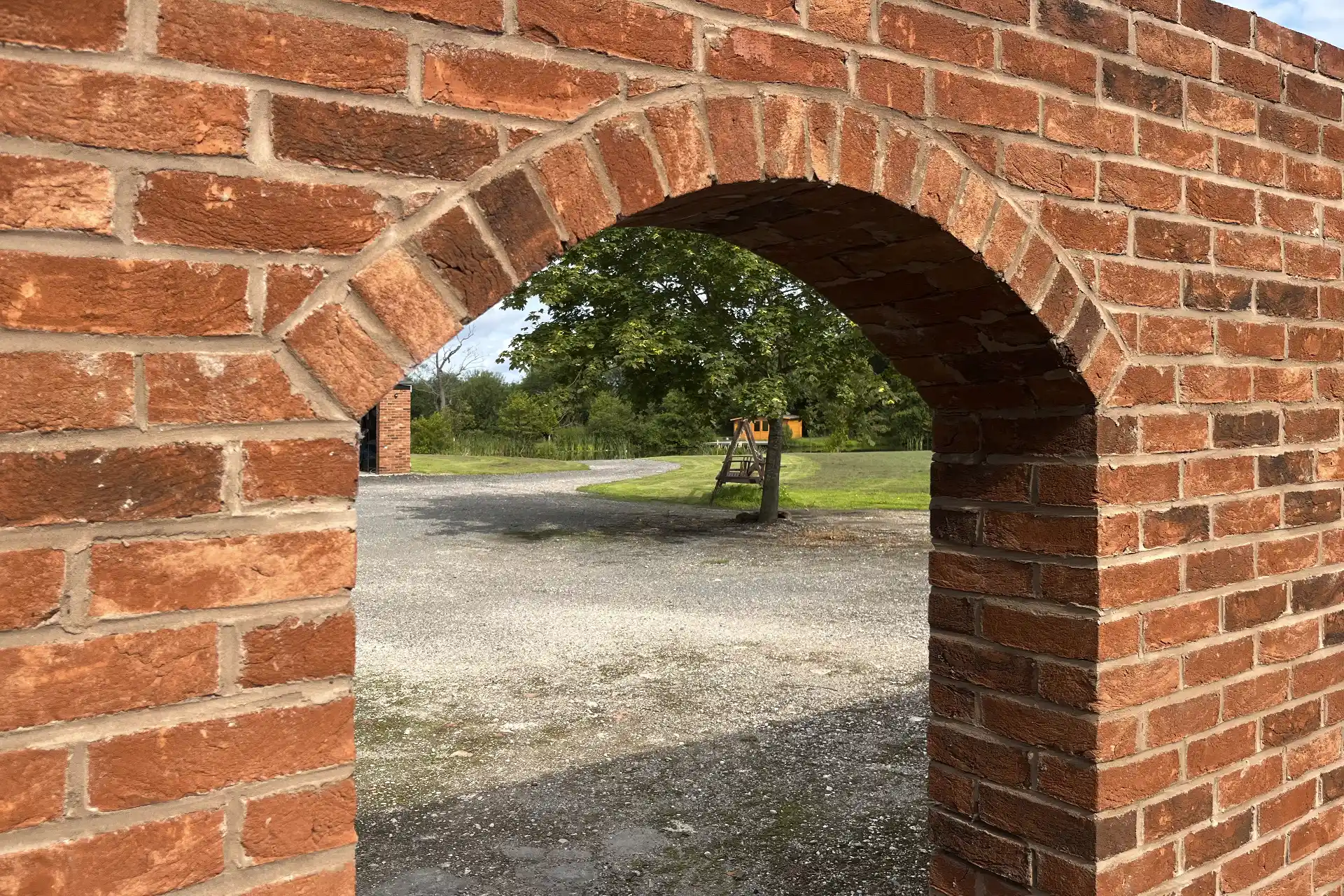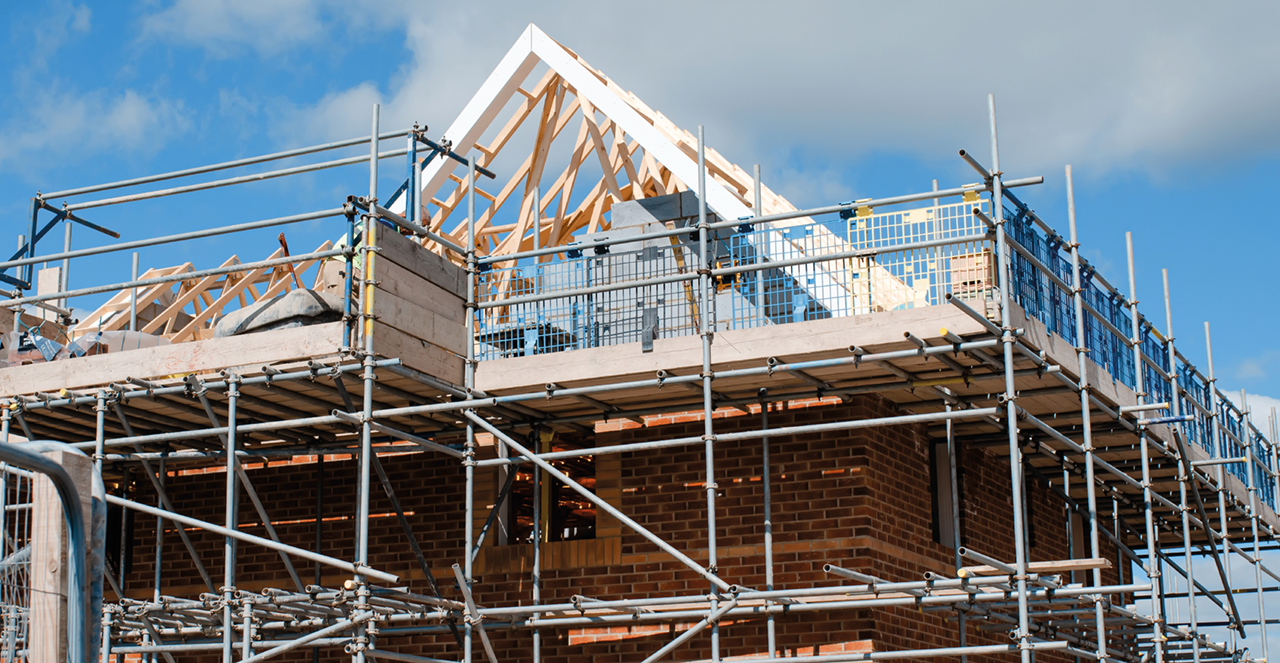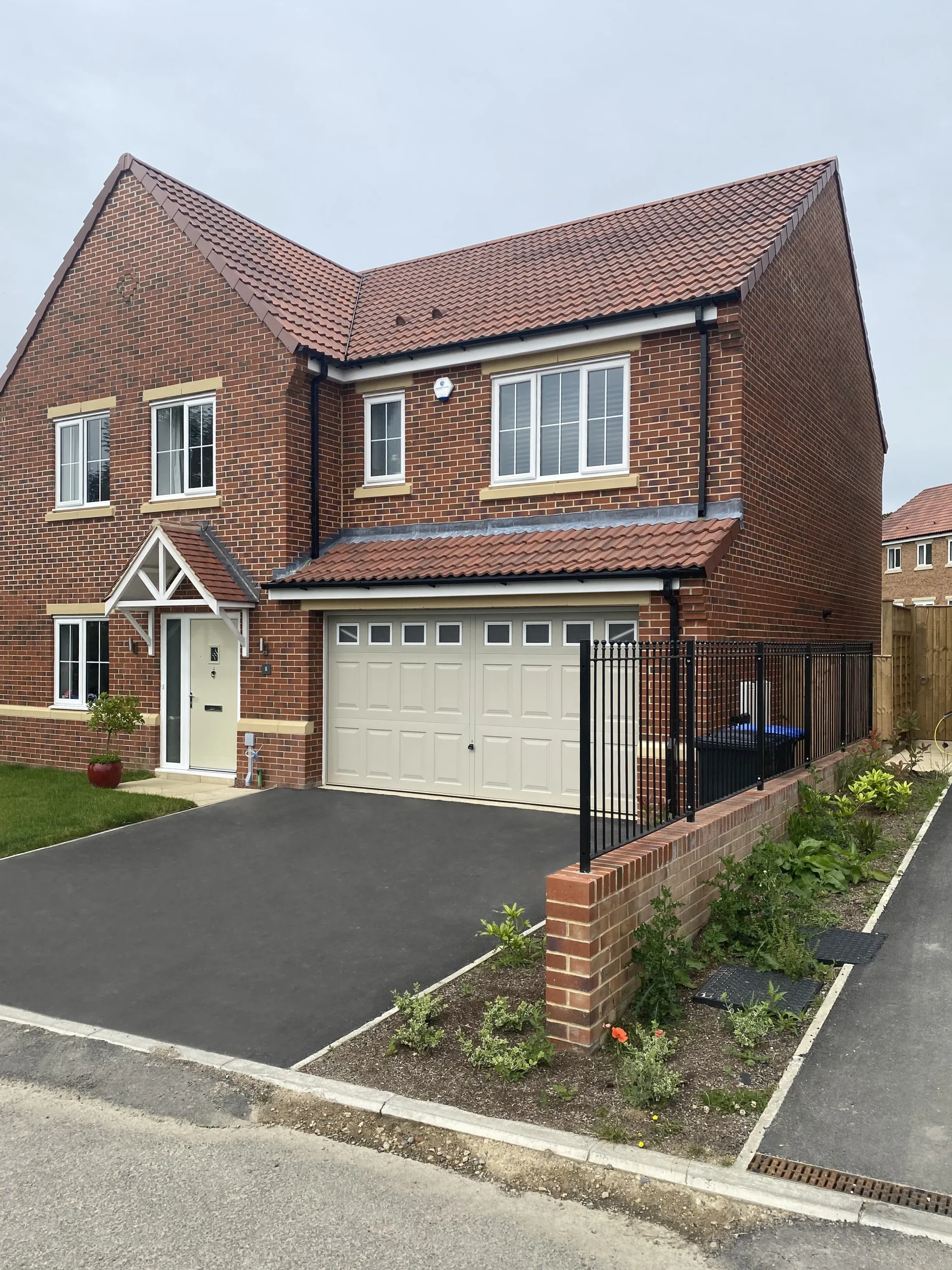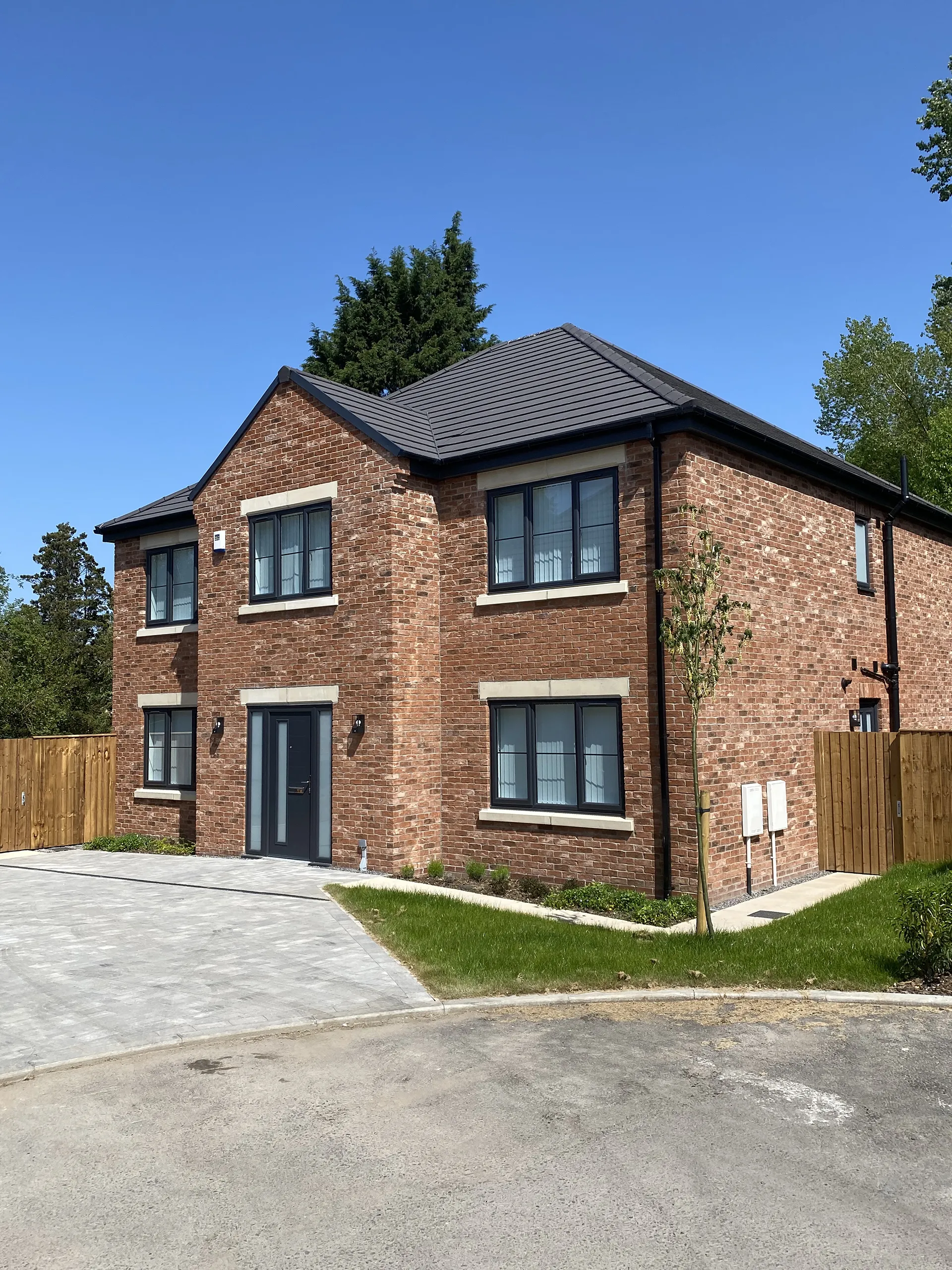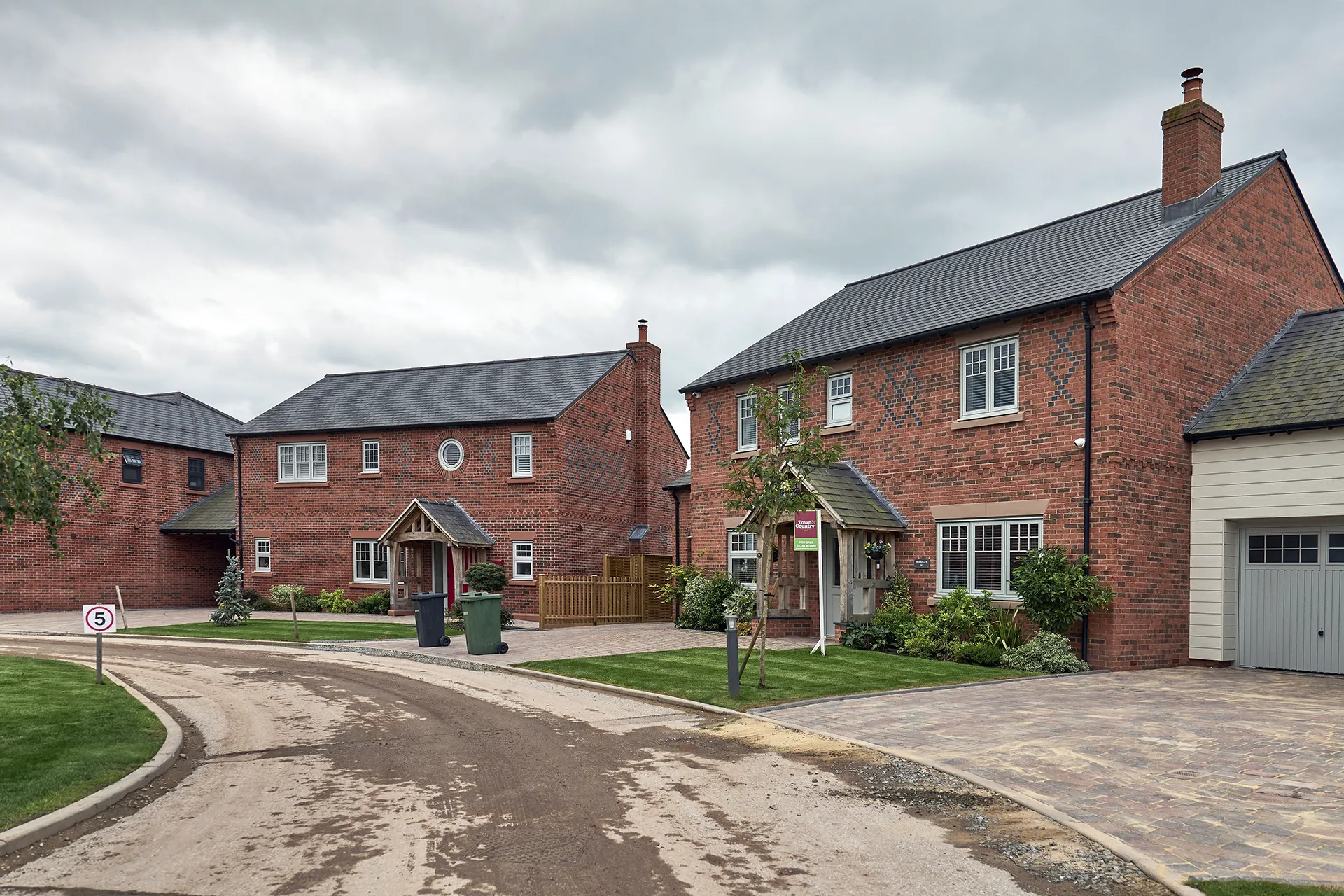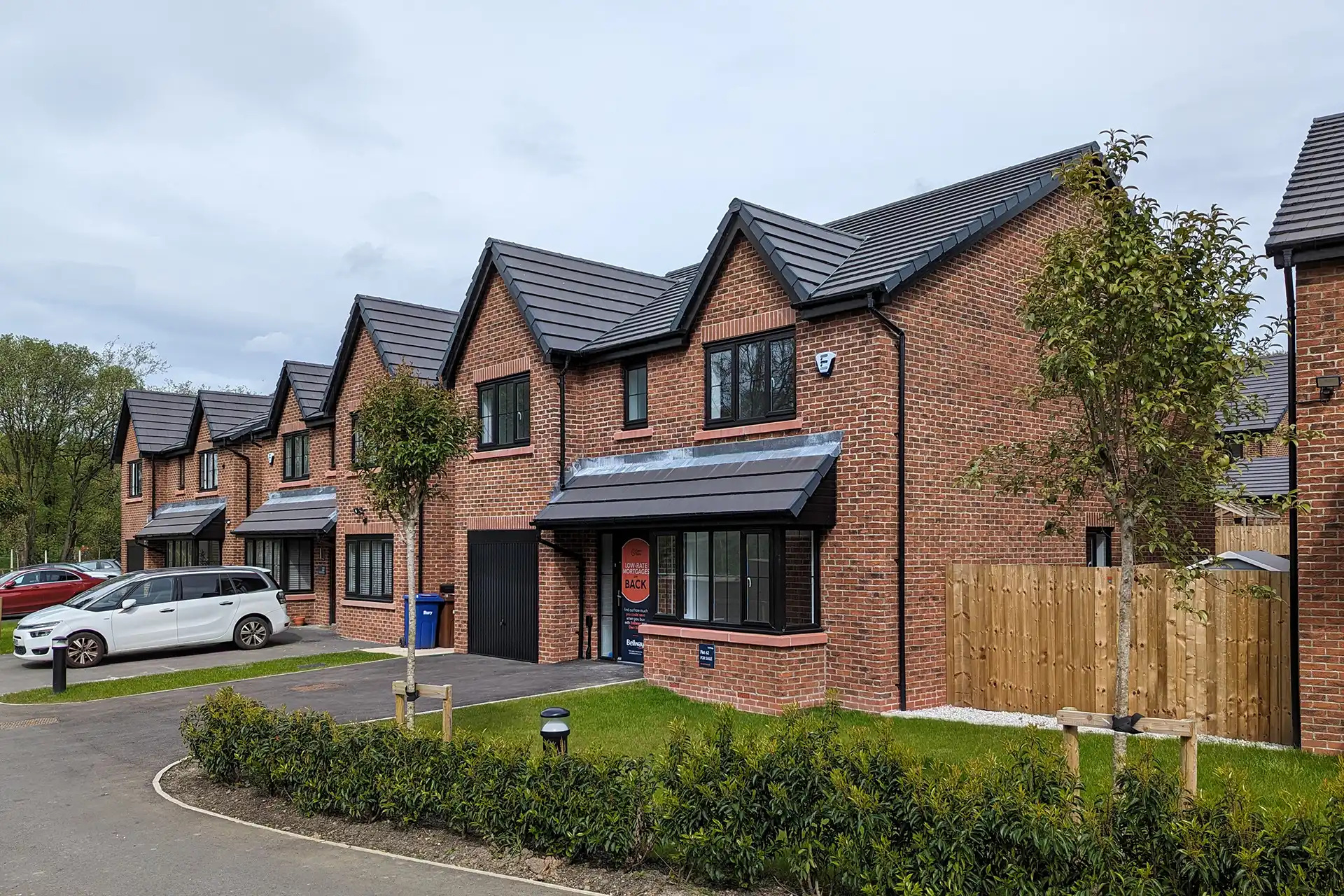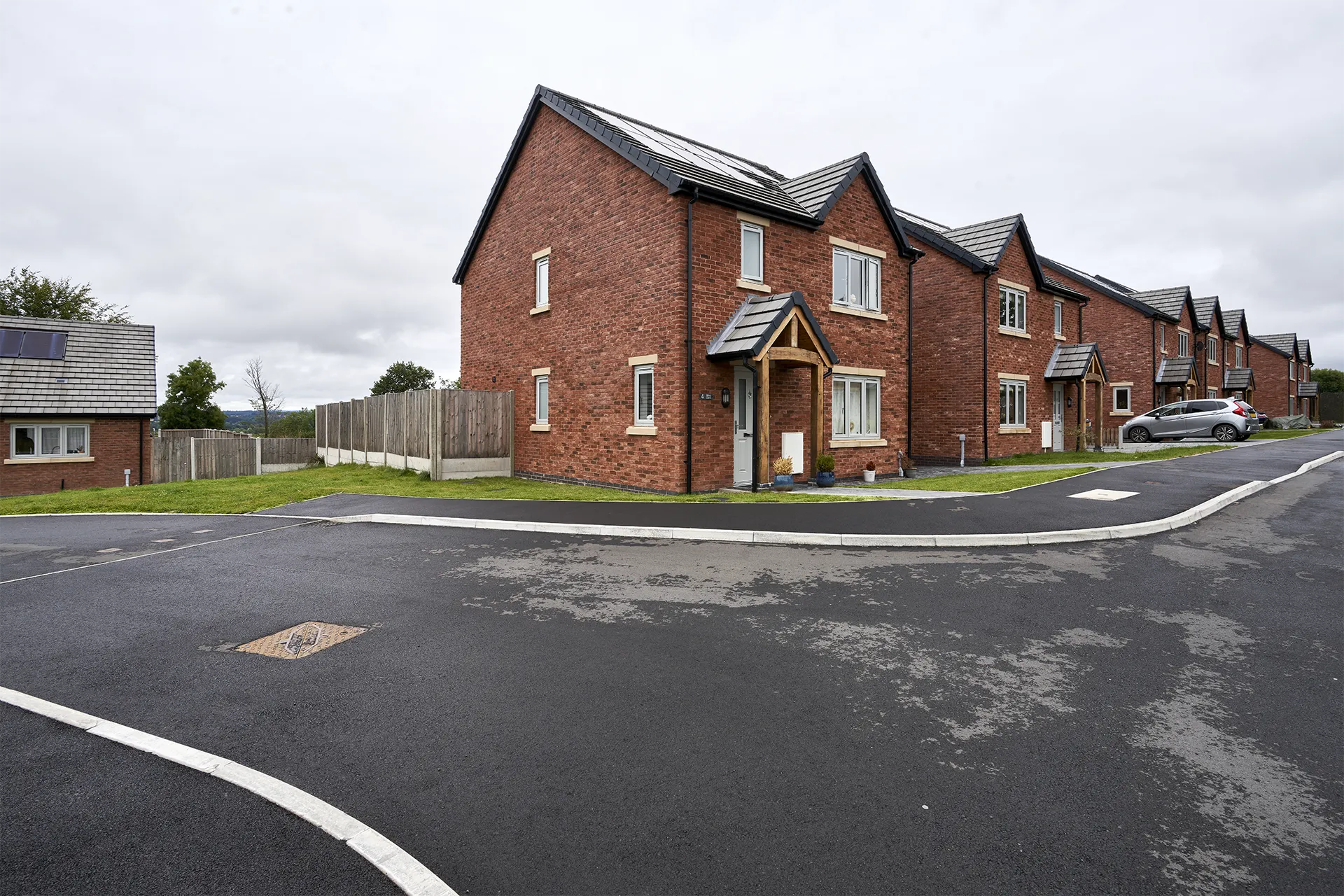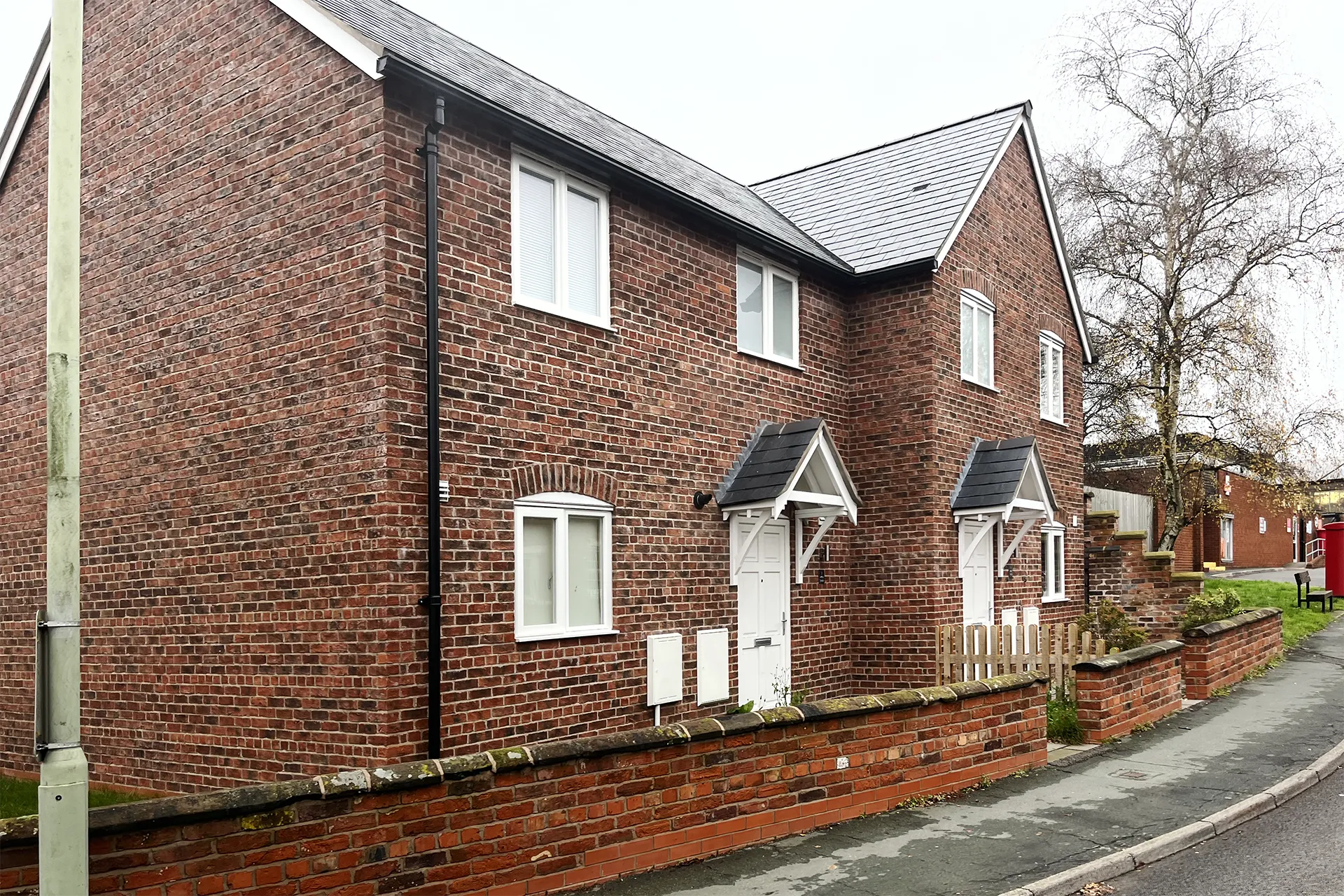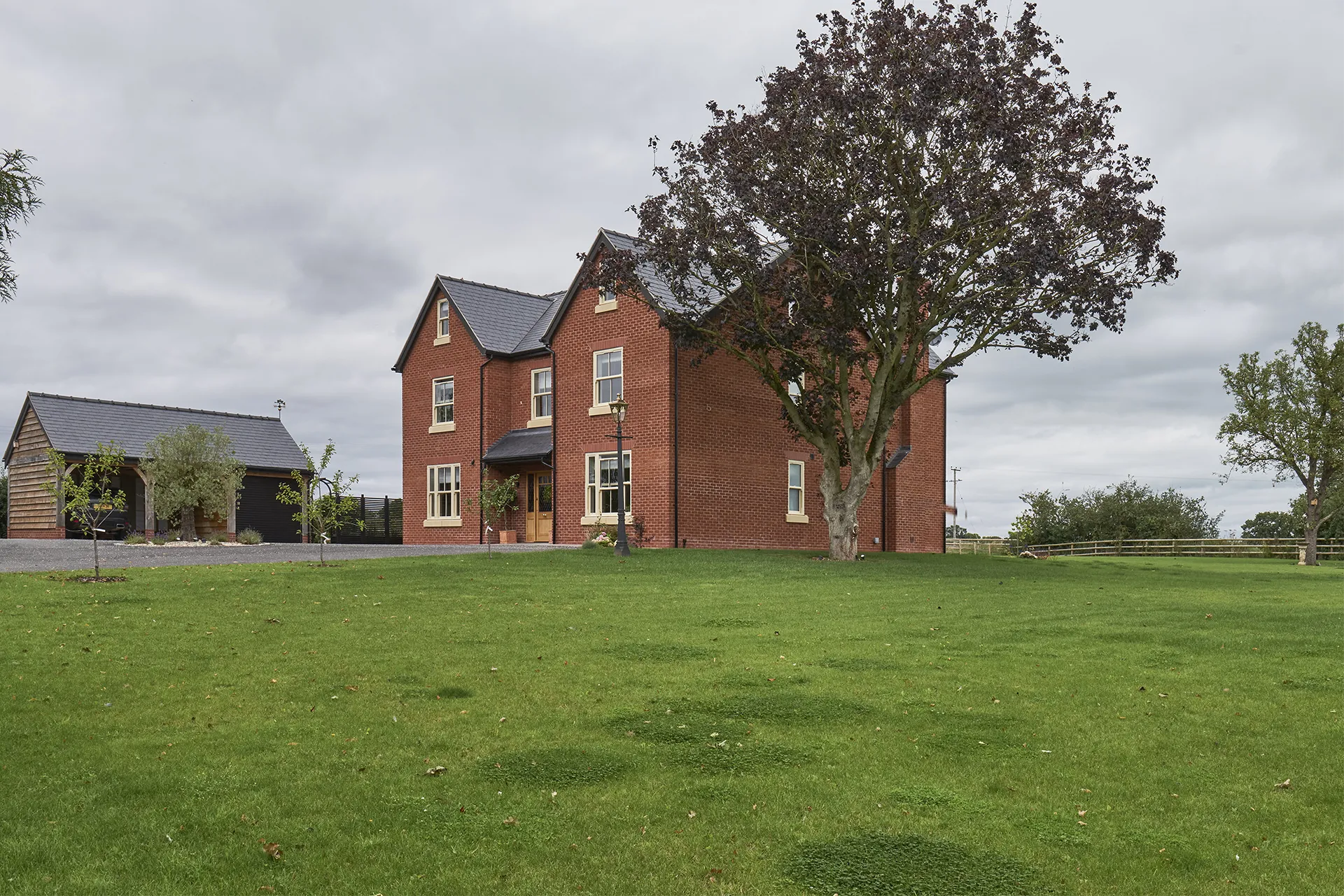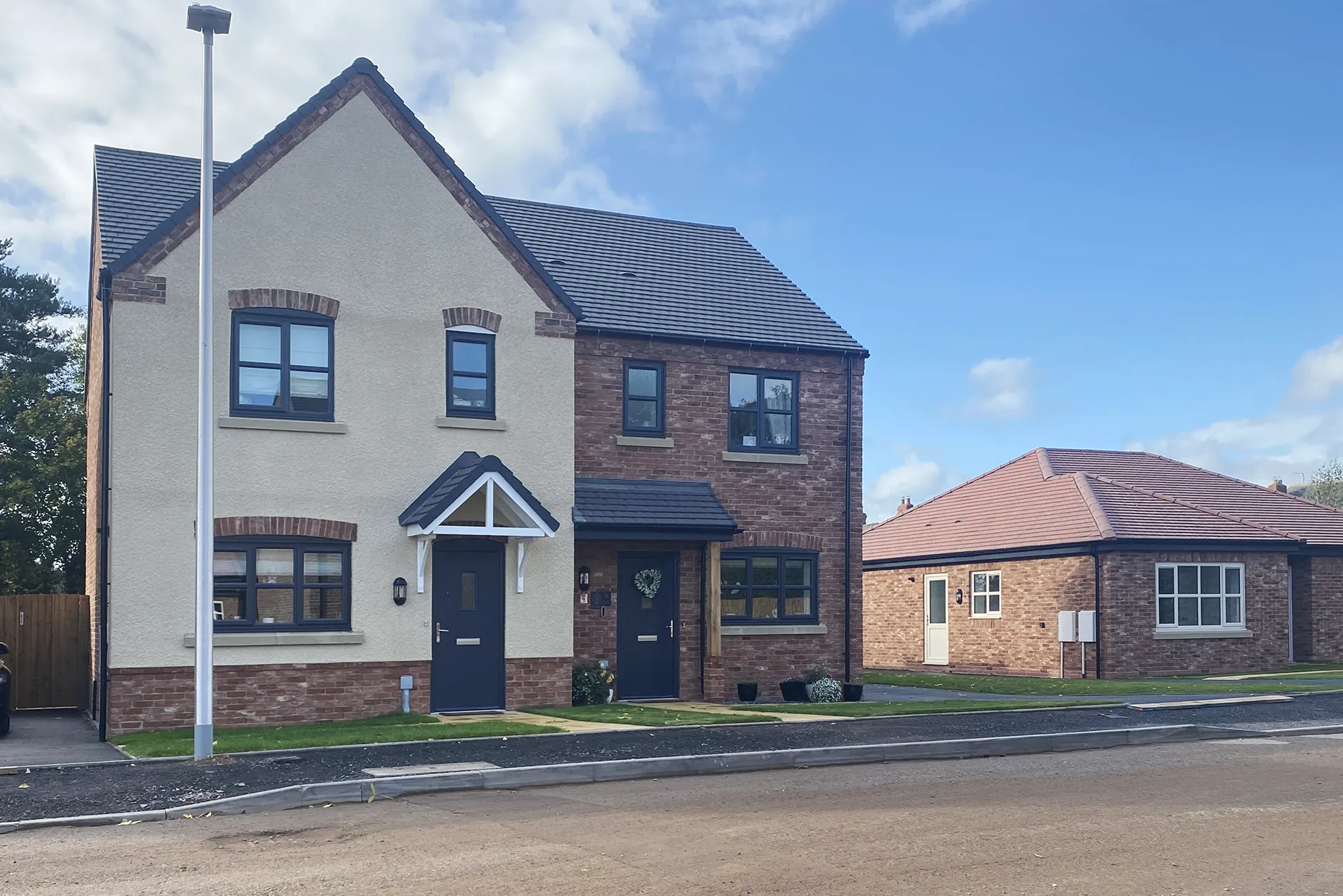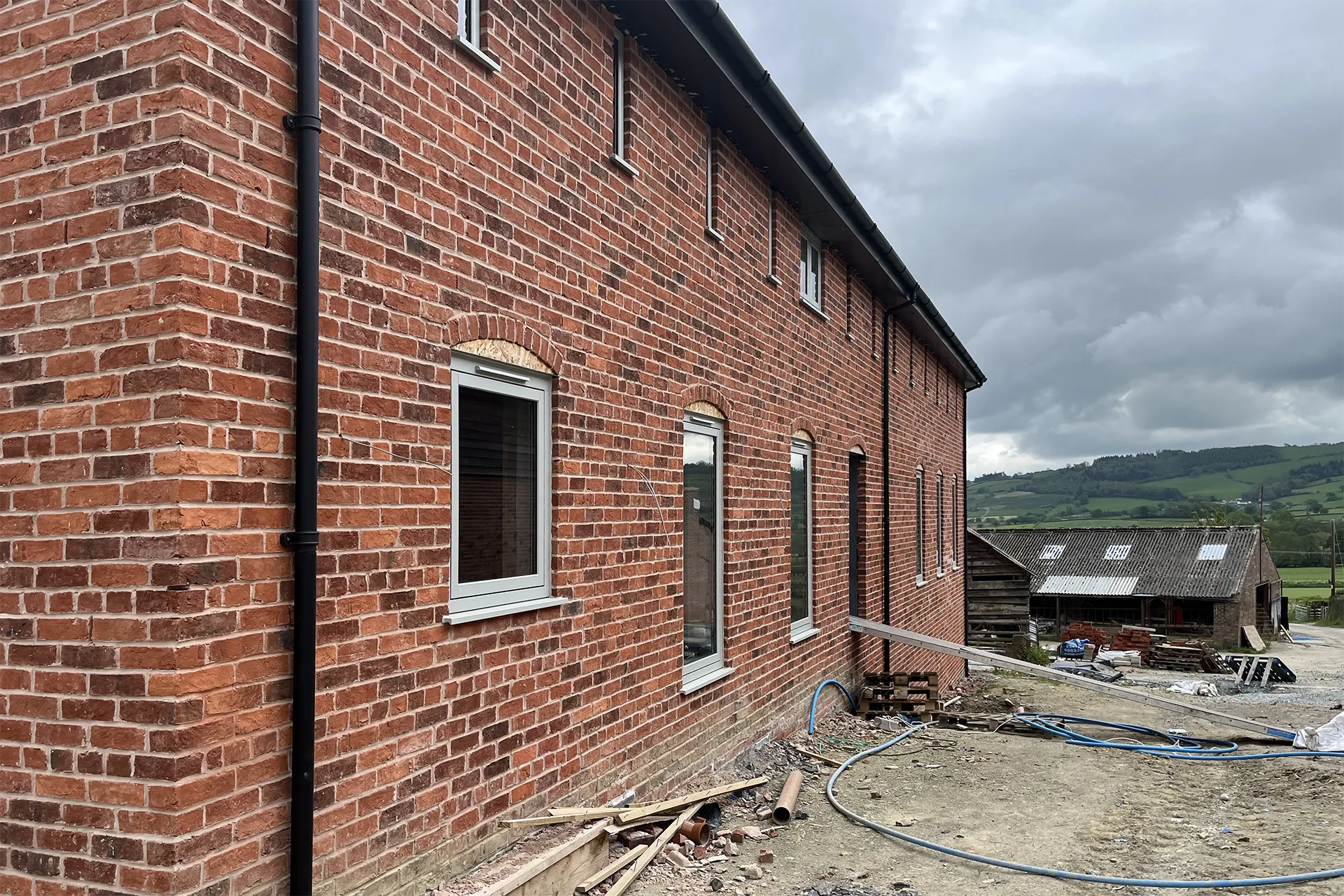Across many rural areas in Pakistan, unethical brick manufacturing is far too common. These brick kilns are often manned by modern-day slaves.
Many individuals with nowhere to go for support have been forced into extreme and inhumane labour practices. They are subjected to these practices in order to pay off loan sharks.
They are earning less than the government-set daily wage of 960 rupees. Many only receive half of that. (£1.24).
With the next-to-nothing pay, victims of these predatory systems receive very little. This makes it extremely difficult for them to pay off their debts. It leads to their families, such as spouses and children, also becoming slaves.
A multi-generational cycle then begins where debts become bigger, with no end in sight for them to be paid off. With corrupt police officers involved with the affair and many of the kilns owned by influential politicians and their families, even the legality (or lack of) of the operation isn’t something that can bring an end to it.
Human suffering and environmental impact
Forced to work from sunrise until sunset, meeting quotas of up to 1000 bricks per day, the suffering of the people in this situation is too much to possibly fathom. There are nearly 20,000 kilns like these in Pakistan, and it is estimated that there are possibly 3.1 million people in various types of forced labour there too. With statistics like those, it is very easy to imagine the sheer amount of bricks that are distributed across Pakistan that have been made by slaves, and the monopoly created by the kilns. Despite the lack of regulation they have, they contribute to 1.5% of Pakistan’s GDP.
The kilns are also detrimental to the environment, where in certain cities cause 91% of air pollution. Air pollutants such as sulphur oxides, carbon monoxide and carbon dioxide fill the atmosphere, which can lead to long-term health problems for those who live nearby.
